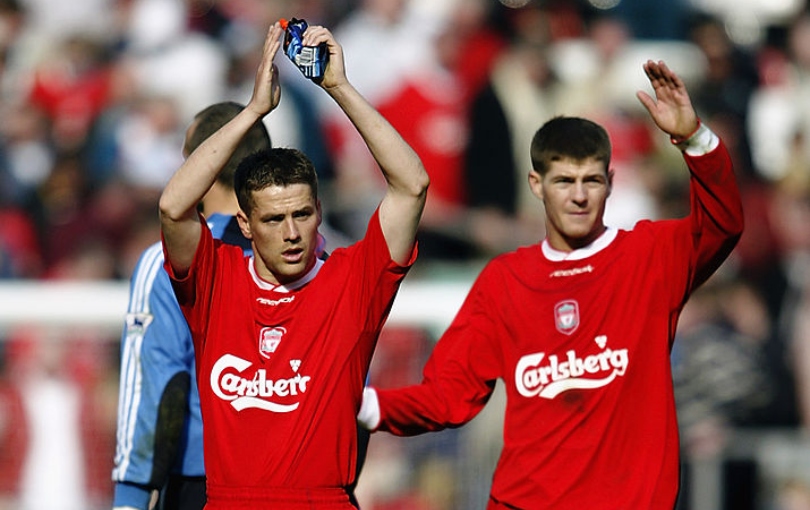World Cup legislation moves closer to passage
Brazilian lawmakers on Wednesday moved a step closer to passing a long-delayed measure key to preparations for the 2014 World Cup, breaking a gridlock in Congress that threatened to delay President Dilma Rousseff's legislative agenda this year.

The lower house of deputies voted in favor of the bill after Rousseff appeared to bow to pressure from lawmakers of her unruly coalition to release some frozen cash for their pet projects. The bill still needs to be debated in the senate.
Rousseff has agreed to unlock millions of reais in discretionary funding to lawmakers starting this month, two congressman told Reuters earlier on Wednesday. She also agreed to allow a vote on a controversial forest bill that has pitted conservationists against big farmers.
Rousseff has sought to ease tensions with allied lawmakers whom for weeks refused to vote on key legislation, casting a shadow over the future of crucial bills including an overhaul of the country's mining code and the allocation of oil royalties.
Closing ranks around Rousseff, the senate approved earlier on Wednesday a bill that limits pension benefits for new public workers, which the government hopes will help the state save billions of reais over the coming decades.
The lower house vote in favor of the World Cup bill not only eases tensions within the ruling coalition, but may also help mend frayed ties between the government and world's soccer governing body, FIFA.
The bill, which has been years in the making, provides a legal framework for the organization of the tournament and its curtainraiser, the 2013 FIFA Confederations Cup.
However, the main point of contention, the sale of alcoholic beverages in World Cup stadiums, may be close to resolution.
Get FourFourTwo Newsletter
The best features, fun and footballing quizzes, straight to your inbox every week.
The legislation lifts a federal ban on the sale of alcohol at games. However, the issue may remain a point of contention if host states decide to ignore the lifting of the ban, some lawmakers warned.
The measure also provides for the allocation of discounted tickets to students, pensioners and indigenous people in accordance with Brazilian law. And it sets rules for the sale of FIFA merchandise during the tournament.
FIFA secretary general Jerome Valcke infuriated Brazilians by saying organizers needed "a kick up the backside" over slow preparations for the tournament.
Both sides have since improved ties, but FIFA officials still have concerns about the building of stadiums and key infrastructure like airports, which is behind schedule.
